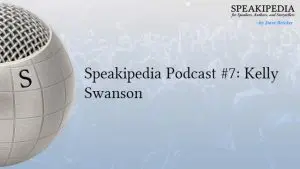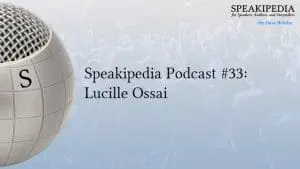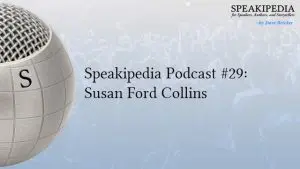“That” is often useless fat that slows down an otherwise elegant sentence. Fortunately, misuse of “that” is one of the easiest writing patterns to find and evaluate.
I think that you and I need to talk.
I told my readers that I would post an article about speechwriting.
Two scoops are particularly fattening:
I think that that is a capital idea.
The use of “that” may be technically correct, but in many cases, “that” is superfluous; it adds no clarity. The example sentences function just as well without it.
I think you and I need to talk.
I told my readers I would post an article about writing. I think that is a capital idea.
Of course, “that” can help to differentiate between “this” and an array of other choices. In my “two scoops” example, I underlined the second “that” because that one isn’t the “that” that’s causing the problem. “That” is fine when used as a pronoun or an adjective.
Could you hand that to me? (used as a pronoun)
I don’t like that sentence. (used as an adjective)
That’s what it takes to be a writer. (used as a pronoun)
Our own style habits are often invisible to us, but words like “that” can be easily searched for and found with your word processor’s “find” function. Locate each occurrence of “that” in your manuscript and make a conscious decision about whether to leave or delete it.
Sometimes, you’ll find that an unnecessary “that” sounds better. Leave it.
Sometimes “that” is used correctly as a pronoun or adjective. Leave it.
Like great design, great writing is a process of subtraction. Identify “red flag” words and writing patterns to get the objective handle you need to track down and eliminate fat from your writing.
And that is that.





